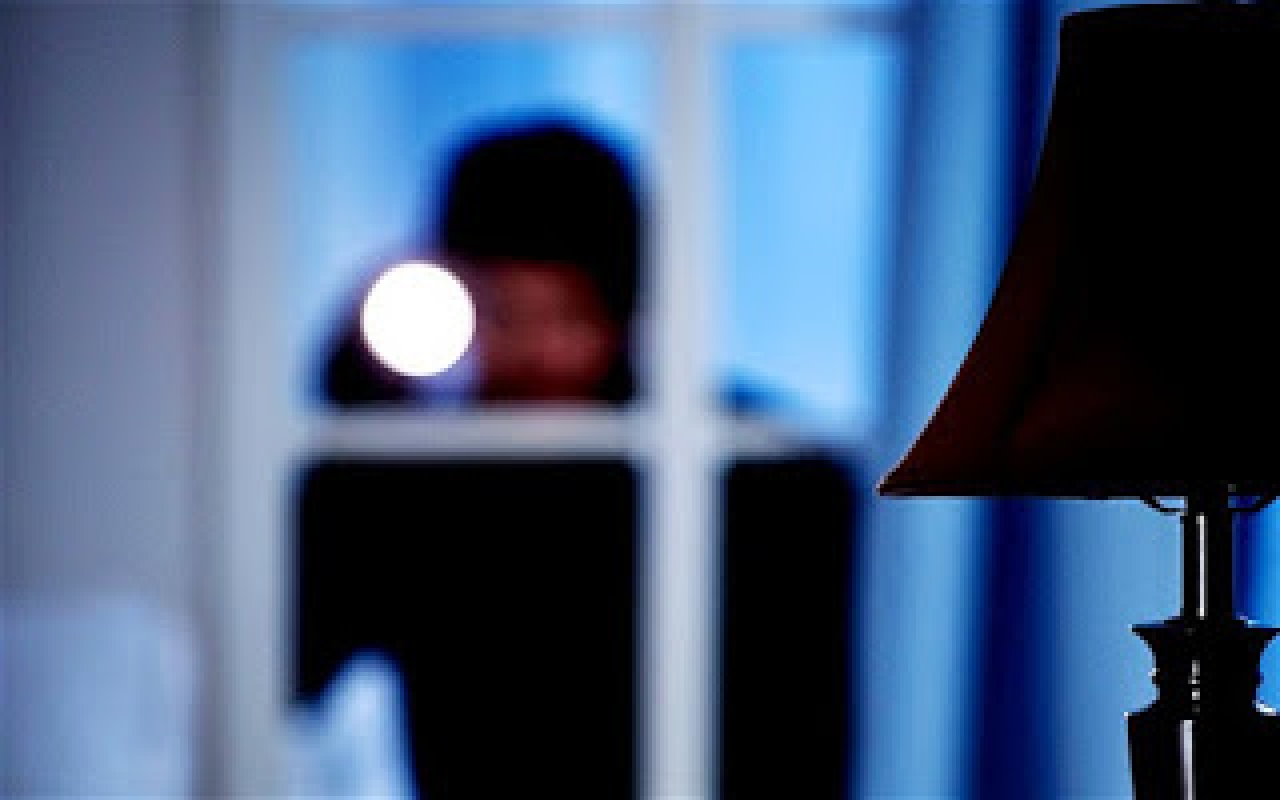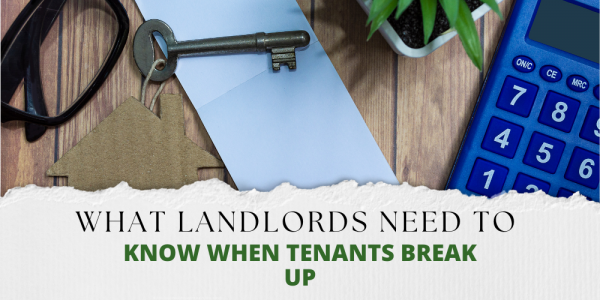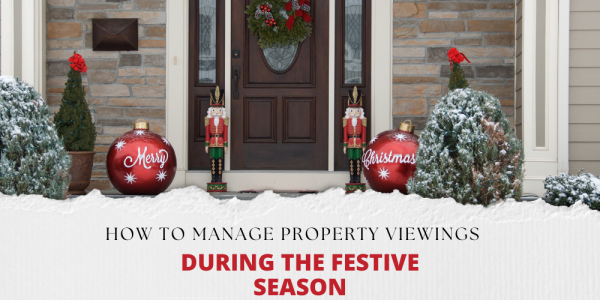With 649,000 instances of burglary recorded in the past year, this is a gentle reminder to reman vigilant as darker nights draw in.
Many responsibilities for the security of a property are divided between a landlord and tenant, and it is important that renters know which elements they should look out for during a tenancy. While crime rates vary across the country and within cities and towns, it is always sensible to take precautions to reduce risks to you and your possessions.
With regard to financial risk, tenants can often undervalue the cost of their possessions and this issue can be particularly acute in shared accommodation. Should the worst happen, the blow of a burglary can be reduced by having adequate insurance in place and copies of receipts for expensive items.
ARLA has the following security advice for tenants:
Protect your contents: While the landlord will be responsible for ensuring they have buildings insurance, it is the tenant’s responsibility to insure their own personal possessions. Many insurance companies will offer specific ‘sharer’ packages for those living in larger homes – and always remember that your possessions may be worth more than you think.
Items like clothes, laptops and DVDs could potentially be expensive to replace if you have undervalued your belongings. ARLA research shows that the value of an average tenant’s possessions could exceed £2,500**.
Ask the right questions: If you have any concerns about the local area, ask the agent if the property has any history of burglaries. Under the new consumer protection regulations, agents are now obliged to disclose information that could affect your transactional decision.
If you do wish to request additional security, such as a chain on the front door, make sure any changes are agreed in writing before signing the tenancy agreement.
Arm the alarm: If your rental property has an alarm, familiarise yourself with how it works and make sure you are provided with a new passcode by the landlord or agent. If the system relies on sensors around the home, remember to check the batteries on a regular basis.
Remember that some contents insurance policies will only pay out if your alarm was enabled at the time of the burglary, so always read the small print before signing on the dotted line.
Mind that letterbox: It’s not the most innovative tactic but thieves still employ letterbox theft to obtain car or house keys. Poles are often used to hook keys from hallway entrances, so keep valuables well away from the front door.
A problem shared: If you are living in shared accommodation, be sure that all renters are responsible when shutting the front door. There is no easier target for opportunist thieves than an unlocked front door or one left with the lock on the snib.
Your landlord or managing agent should provide you with keys for all locks on external doors, and be sure to request them if they are not made available to you when moving in.


 By
By 




Share this with
Email
Facebook
Messenger
Twitter
Pinterest
LinkedIn
Copy this link